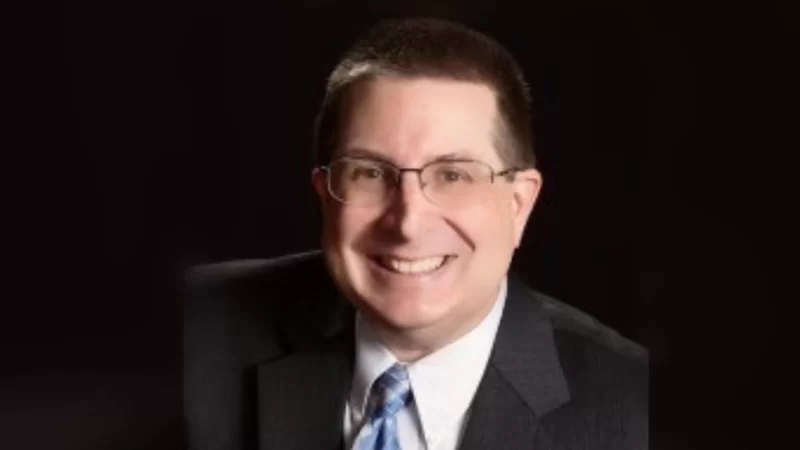Dean Rieck, Executive Director at Buckeye Firearms Association | LinkedIn
Dean Rieck, Executive Director at Buckeye Firearms Association | LinkedIn
On May 9, a three-judge panel of the U.S. Court of Appeals for the Ninth Circuit issued a split decision, vacating the conviction of Steven Duarte for violating 18 U.S.C. § 922(g)(1). This federal law makes it illegal for any person to possess a firearm if they have been convicted of an offense punishable by imprisonment exceeding one year.
Duarte, with five prior nonviolent state criminal convictions each punishable by more than a year's imprisonment, was charged and convicted under § 922(g)(1) after police witnessed him discarding a handgun from a moving vehicle. Duarte is now contesting the constitutionality of his conviction, arguing that in light of the Supreme Court’s recent decision in New York State Rifle & Pistol Association v. Bruen, § 922(g)(1) infringes upon his Second Amendment rights as a nonviolent offender who has served his time and reintegrated into society.
The opinion was written by Judge Carlos T. Bea with Judge Lawrence VanDyke concurring and Judge M. Smith Jr dissenting. Duarte's previous convictions include vandalism, possession of a controlled substance, evading a police officer (two counts), and felon in possession of a firearm.
Given the history of the Ninth Circuit, it is anticipated that the government of California will request an en banc review involving all judges on this case which is likely to be granted. The en banc review may be postponed pending the Supreme Court decision in the Rahimi case due in June, which bears similarities to this case and whose verdict will set a binding precedent.
Duarte's character remains uncertain based on available information about his case. However, his character should not influence whether 18 U.S.C. § 922(g)(1) is deemed unconstitutional or not. The felony convictions for evading a police officer on Duarte’s record are likely related to fleeing police pursuit in a vehicle, a charge that can be classified as either a misdemeanor or a felony. The recent California Supreme Court decision on evading a police officer does not affect charges of fleeing from an officer in a vehicle and is therefore irrelevant to the Duarte case.
Duarte's numerous encounters with law enforcement in Southern California have turned his case into a test for restoring Second Amendment Rights.






 Alerts Sign-up
Alerts Sign-up